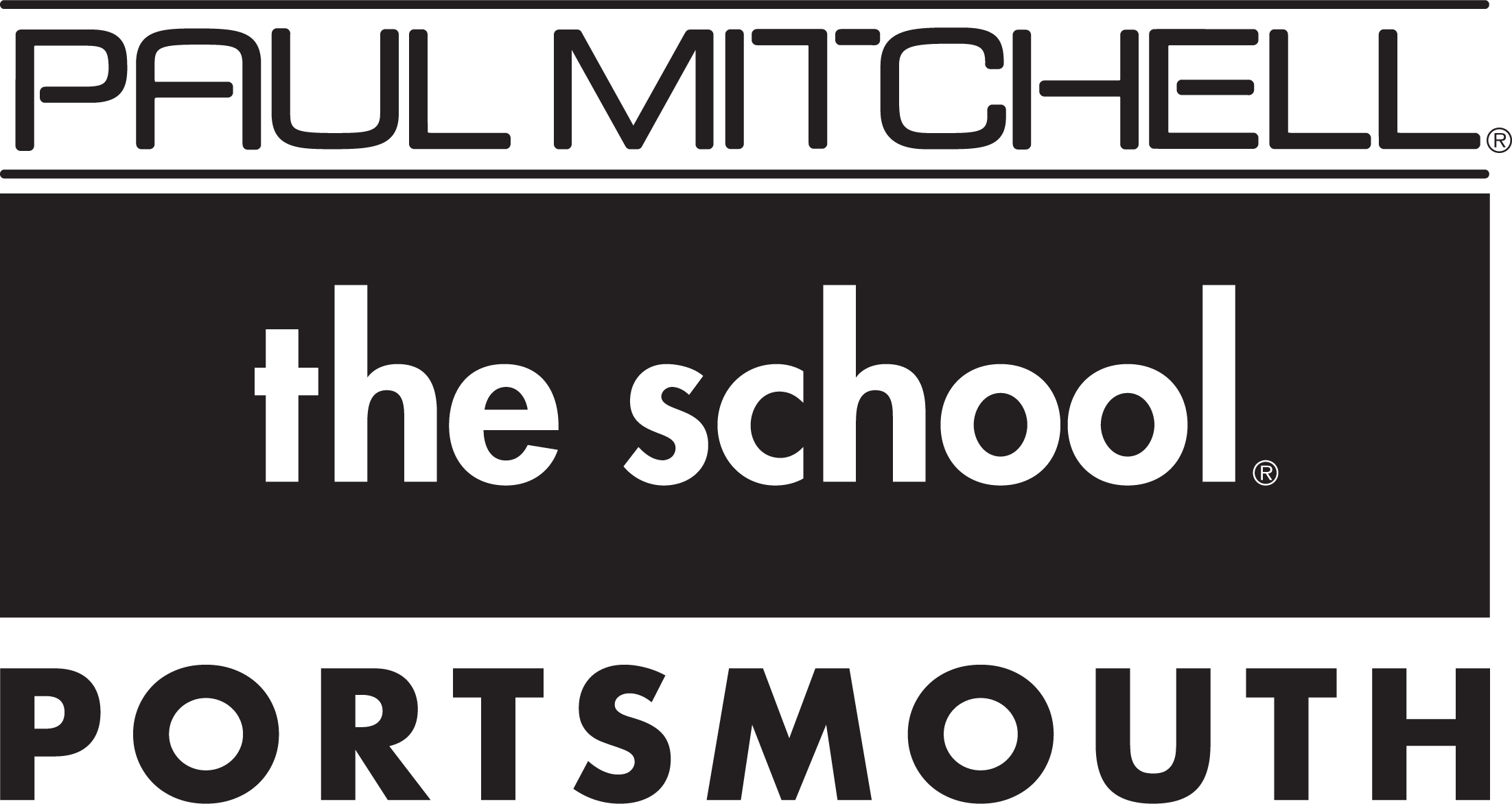New Hampshire Licensing Disclaimer
The state may refuse to grant a license if a student has been convicted of a crime; committed any act involving dishonesty, fraud, or deceit; or committed any act that, if committed by a licentiate of the business or profession in question, would be grounds for the New Hampshire Board of Barbering, Cosmetology and Esthetics to deny licensure. The New Hampshire Board of Barbering, Cosmetology and Esthetics denies licensure on the grounds that the applicant knowingly made a false statement of fact required to be revealed in the application for such license. Students who are not U.S. citizens or who do not have documented authority to work in the United States will not be eligible to apply to take the state licensure examination. Paul Mitchell the School Portsmouth is not responsible for students denied licensure.
New Hampshire Licensing Regulation
313-A:11 Qualifications; Cosmetologists:
1. In order to be issued a cosmetologist's license by the office of professional licensure and certification, a person shall:
(a) Be of good professional character;
(b) Have completed high school or its equivalent;
(c) Have received training of:
(1) A minimum of 1,500 hours of training in a school of cosmetology approved by the board; or
(2) A minimum of 3,000 hours distributed over a period of at least 18 months under a licensed cosmetologist who has engaged in the practice of cosmetology within the state for at least 2 years;
(d) Pass an examination; and
(e) Pay a fee established by the office of professional licensure and certification.
2. An applicant not meeting the conditions of RSA 313-A:11, I(b) through (c) may petition the office of professional licensure and certification for exemption. The office, following criteria established in rules adopted under RSA 313-A:8, XII, may grant the exemption.
Bar 301.08 Application for A School Instructor License:
(a) Each applicant for an instructor's license shall:
(1) Be currently licensed as a barber, cosmetologist, esthetician, manicurist, or master barber; and
(2) Have completed the following:
(a) At least 800 hours of instructor training in a school for master barbering and cosmetology, 700 hours of instructor training in a school for esthetics or barbering, or 550 hours of instructor training in a school for manicuring;
(b) At least 12 months of actual employment in a shop and have completed 500 hours of instructor training in a school for master barbering and cosmetology, 400 hours of instructor training in a school for esthetics or barbering, or 250 hours of instructor training in a school for manicuring; or
(c) At least 8 years of actual employment in a shop.
(b) In addition to the requirements in Bar 301.07(b)(1) through (4), the applicant shall submit the following:
(1) A copy of the applicant’s current cosmetology, barber, manicurist, esthetician, or master barber license;
(2) Proof of 8 years’ work experience or 12 months’ work experience in accordance with Bar 305.01 (c), in a shop licensed pursuant to RSA 313-A:19; and
(3) A copy of the hours in accordance with Bar 301.08(a)(2) as a student instructor in accordance with Bar 302.06(k), if applicable.
(c) Applicants shall pass a written and practical examination in accordance with Bar 303.03(a), and Bar 303.06, to obtain a school instructor’s license.
(d) If the applicant meets the requirements of (a) and (b) above, the applicant shall be issued a temporary permit in accordance with RSA 313-A:18.
(e) An applicant working under a temporary instructor permit shall have a licensed instructor in the same room while instructing a class.
(f) The board shall deny an application if:
(1) The applicant does not meet the requirements of (a) and (b) above; or
(2) The applicant is deemed not to be of good professional character, after considering the factors contained in Bar 301.02 (d).
(g) If the board denies an application pursuant to Bar 301.07 (k), the board shall return the application to the applicant with all attachments and a letter. The letter shall be in accordance with Bar 301.02(g).
